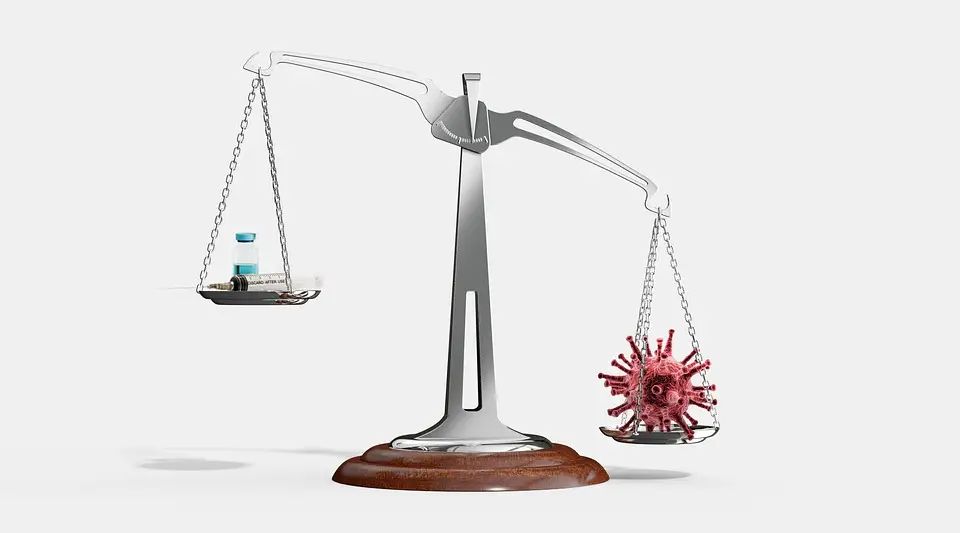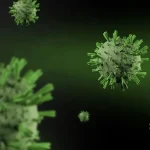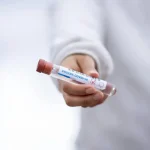
As Poslovni Dnevnik writes on the 15th of August, 2020, the director of the ”Dr. Fran Mihaljevic” Clinic for Infectious Diseases, Alemka Markotic, was a guest recently on RTL Danas (Today).
When asked whether she expects further growth in the number of people infected with the new coronavirus, after there were 208 of them reported across Croatia today, she said that it is possible that this number will grow in the coming days.
“It’s possible that it will be a few more days of this, since whenever some hotspots start up, then we have a period of 6-7 to 10 days of increased numbers. It’s possible that there will be even more increased numbers. But after that, people usually react to it and remember all those instructions, requests and warnings that we’ve been giving out for almost eight months now. Then they react to them and we end up with slightly smaller numbers. I sincerely hope that it will be the same this time as well,” said Alemka Markotic.
When asked if we can expect a larger number of infected people from the families of young people who first became infected, Markotic said that it depends on where they were at the time when they were infected. “If they were somewhere without their family and were detected as infected upon their return, they will then have been placed in isolation and it’s to be expected that most of their families will be saved from contracting the infection. However, those who have stayed with their families in the same premises, well, then there’s a possibility that the infection will be transmitted,” she said.
“The numbers aren’t good, it isn’t good that there are more people becoming infected. But at this point, it’s good that the clinical picture in such people is very mild, that the transmission of the infection is thus, perhaps, less. However, we shouldn’t rely on that, but I’d like to appeal to young people to be responsible and to understand, although they may have a milder form of the disease, they can infect some of their elders, those they love, and cause severe forms of the disease and even death. So, we all have to be responsible, regardless of age,” she explained.
When asked whether this growth is partly a consequence of the decision to let more than a million tourists into Croatia without any special restrictions, she said that the season has been going on for more than a month and a half. “Of course, with increased migration, the chance of the number of sick and infected people coming increases. However, according to the official figures we have, there are still no significant infections and illnesses among tourists,” she said.
She said that the same thing we do, their countries do, in the sense of tourists being tested. “They stay here for 7 to 10 days or two weeks. And they don’t have to be tested here. For one part it was proven that they arrived here sick or infected, and one part certainly contracted the infection here in Croatia. Then, when they get to their countries, if they develop a clinical form of the disease, they’ll be tested,” she said.
“What’s going now is that there are a large number of younger people on vacation on the coast and in different places where they gather, even in the open, and there’s not too much distance. Younger people are freer, relax easier and faster, and think less about the consequences. This is the result of such behaviour, whether they’re from here or not. The increase in the number of infected people is going on in all European countries and it’s the result of both vacations and more travel. Travel is always a risk, we have a whole branch of travel called travel medicine where coronavirus is now the most frequent infection. But you can also come into contact with a lot of other infectious diseases on your travels,” she said.
Asked what she intends to do in autumn if the situation worsens, she said no country could withstand another closure.
“There was never a complete closure, but an attempt was made to solve the hotspots with gradual measures. We know much, much more about this virus now. We’ll try to follow everything we’ve learned when autumn comes and try to follow the situation as it goes and expect people to behave much more responsibly when they’re indoors, when they’re not on vacation and when they are at their jobs and among their families. And with that, as we’ve managed all these months, we’ll manage to keep, in essence, a very good situation. Croatia is still very good in terms of its epidemiological situation,” she said, adding that there should be no complete closure, but it could occur where the hotspots appear.
She also answered a question about the European Commission, which negotiated the purchase of 400 million doses of the vaccine.
“We can expect the vaccine in Croatia at the same time as other European countries can. It is unlikely that any of these licensed vaccines will be available before mid or late spring. When all European countries will be able to get it, Croatia will also be able to,” concluded Alemka Markotic.
For more on coronavirus in Croatia, follow our dedicated section.










